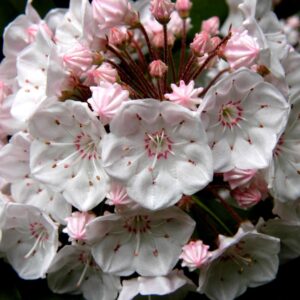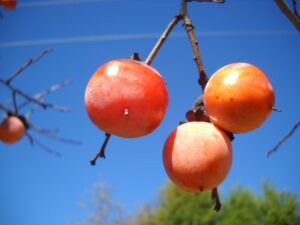Mosquitoes can quickly turn a relaxing evening outdoors into a frustrating battle against itchy bites. While there are countless sprays and creams on the market to ward off these pests, why not take a natural approach by incorporating mosquito repellent plants into your garden? Not only do these plants help keep mosquitoes at bay, but they also add beauty and fragrance to your outdoor space.
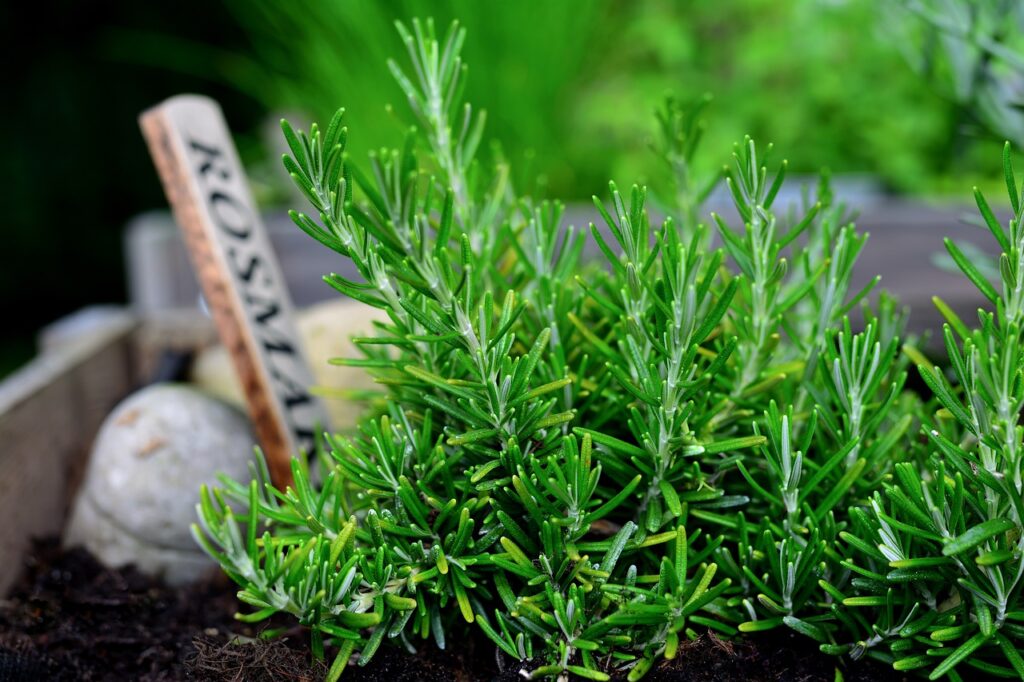 Pin
Pin Image by congerdesign from Pixabay
Table of Contents
1. Lavender
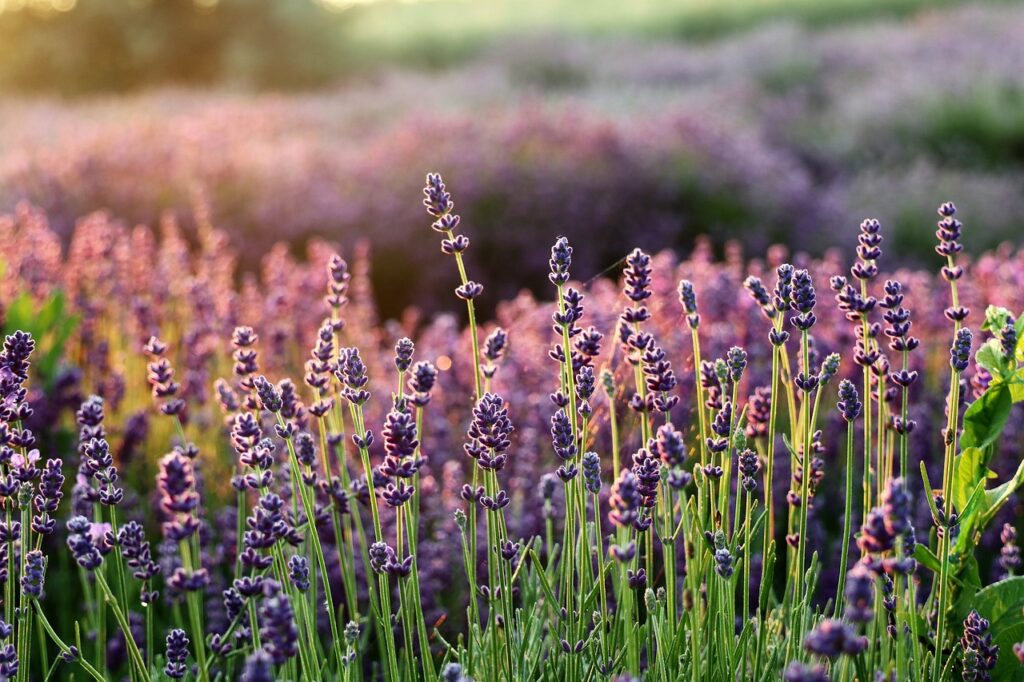 Pin
Pin Image by 🍀💜Anna💜🍀 from Pixabay
Known for its lovely scent, lavender is a powerhouse when it comes to repelling mosquitoes. Plant it in sunny areas with well-drained soil to enjoy both its beauty and mosquito-repelling properties.
2. Citronella Grass (Lemon Grass)
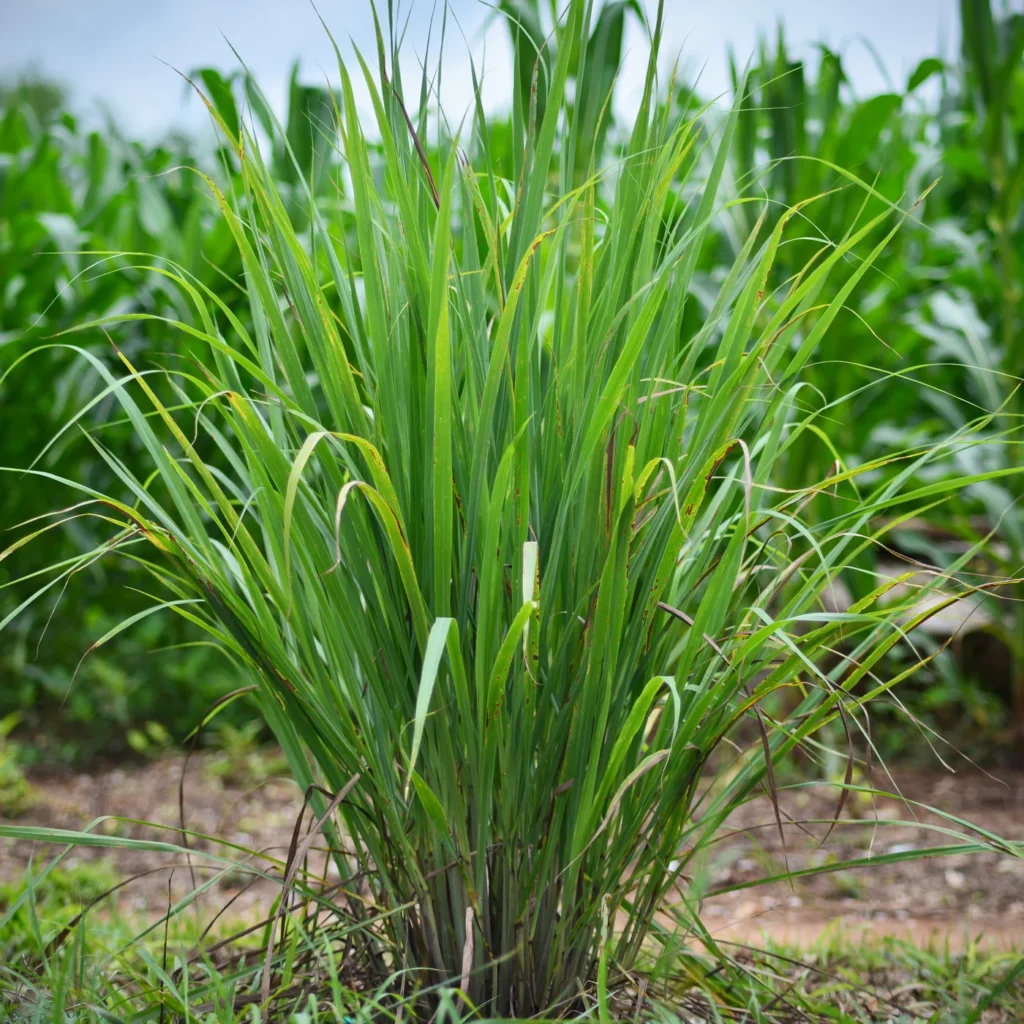 Pin
Pin Image from Green Thumbs Garden
Citronella grass, also known as lemongrass, is renowned for its unique fragrance and effectiveness in repelling mosquitoes. The Brooklyn Botanic Garden suggests using lemon-scented plants like citronella grass to deter these pesky insects. Opting for live citronella plants proves most efficient in pest control. This low-maintenance grass thrives in large planters, as it is sensitive to frost but flourishes when directly planted in sunny ground areas in warmer regions. Embracing citronella grass not only adds a pleasant aroma to your surroundings but also enhances your outdoor experience by naturally safeguarding against mosquito bites.
3. Lemon Balm
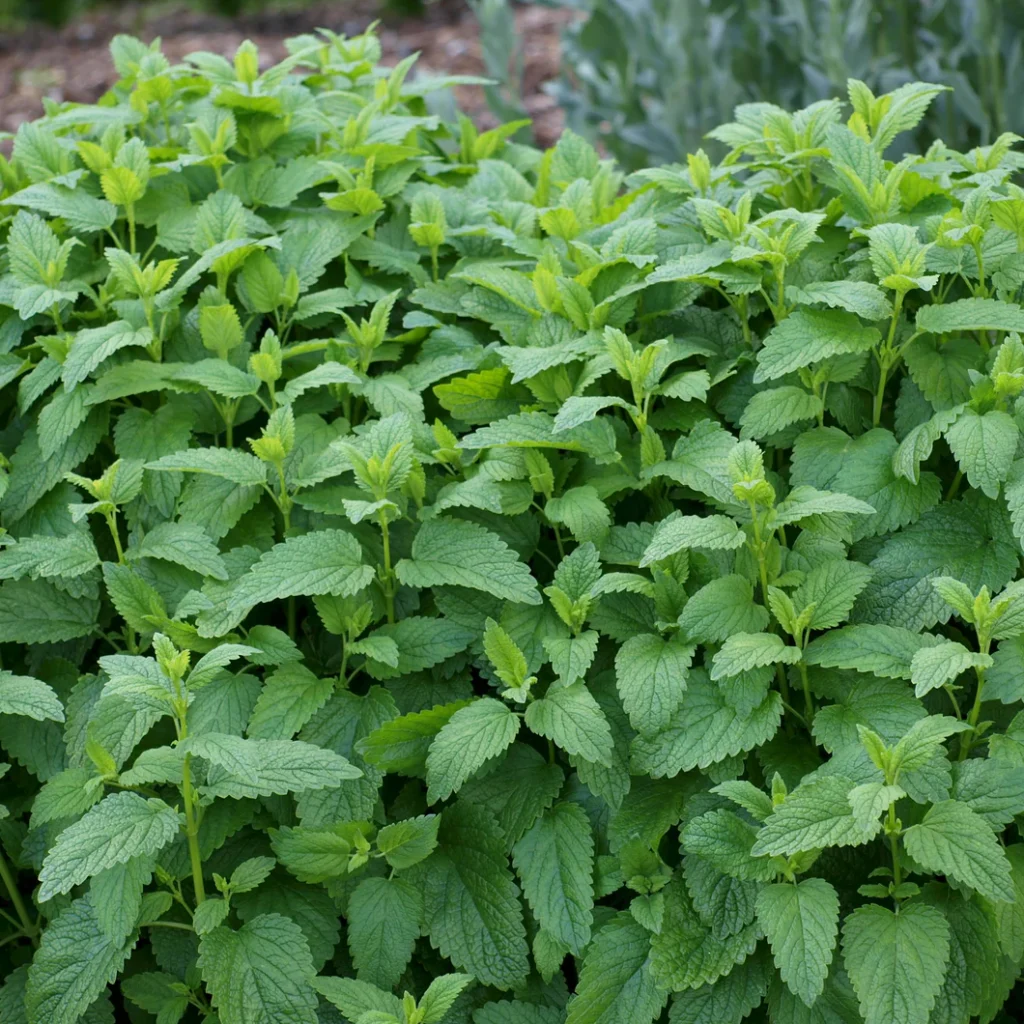 Pin
Pin Image from Foundroot
This member of the mint family not only repels mosquitoes but also attracts pollinators to your garden. Lemon balm does well in both sunny and partially shaded areas and grows vigorously, so be prepared to give it some space to spread.
4. Marigold
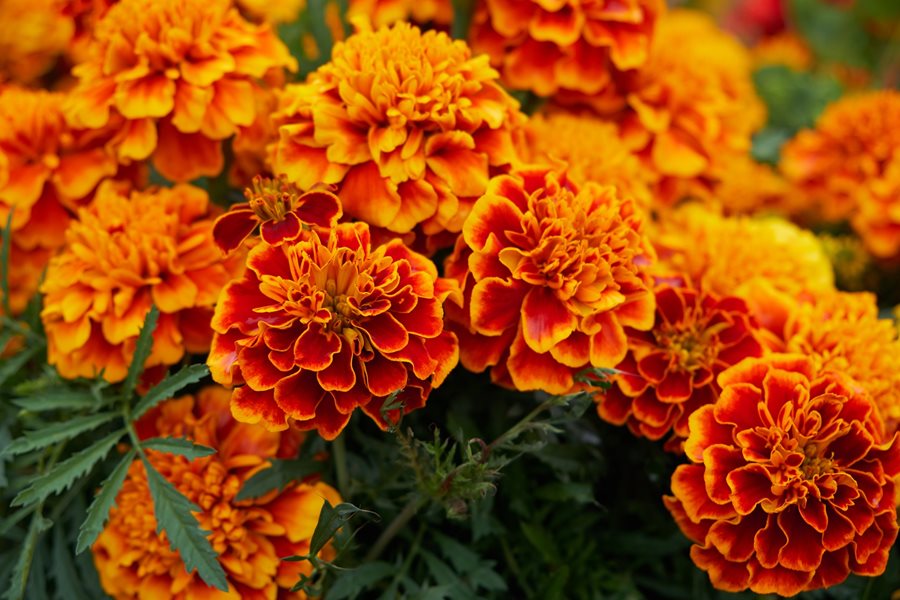 Pin
Pin Image from Garden Design
In addition to brightening up your garden with its vibrant blooms, marigolds also help deter mosquitoes with their distinct fragrance. Plant them in sunny spots in well-drained soil for best results.
5. Rosemary
 Pin
Pin Image from Nurserylive
While commonly used in cooking, rosemary also serves as a natural mosquito repellent. This versatile herb thrives in sunny locations and requires minimal water, making it a low-maintenance addition to your garden.
6. Catnip (Catmint)
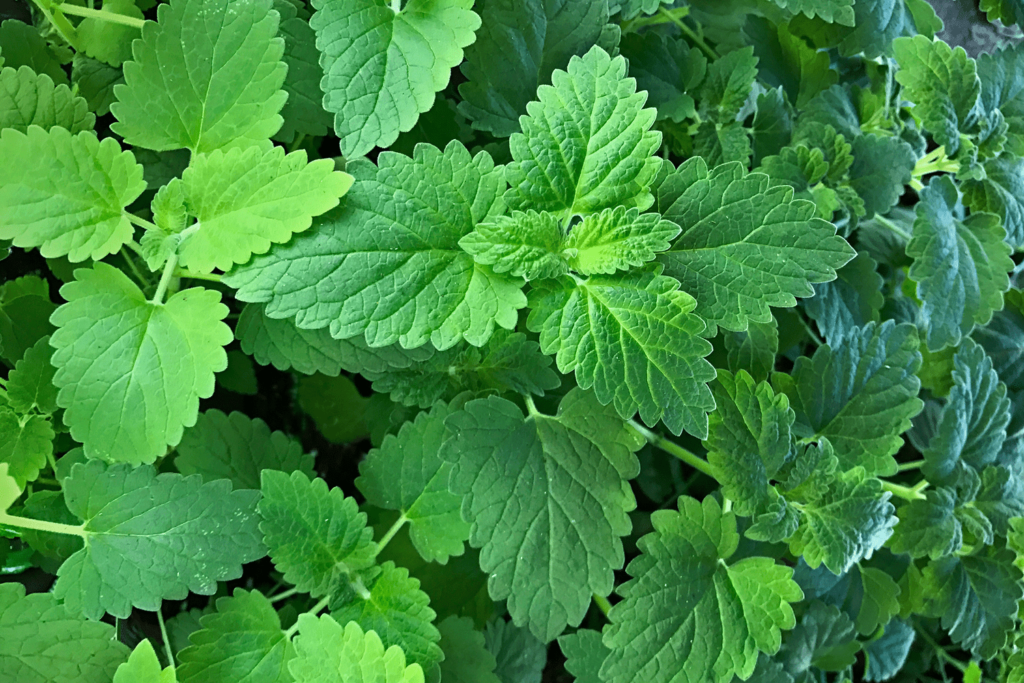 Pin
Pin Image from Allrecipes
Catnip, also known as catmint, is a versatile plant that grows vigorously in various environments. Belonging to the mint family, it thrives effortlessly and can sometimes spread rapidly, potentially overtaking other garden spaces. Despite its invasive tendencies, catnip offers valuable benefits, such as being a natural mosquito repellent. Recommended by the BBG and proven in studies to outperform chemical repellents like DEET, catmint’s effectiveness in warding off insects is impressive. Its resilience, ease of cultivation, and environmentally friendly pest control properties make catnip a fascinating and beneficial addition to any garden or outdoor space.
7. Basil
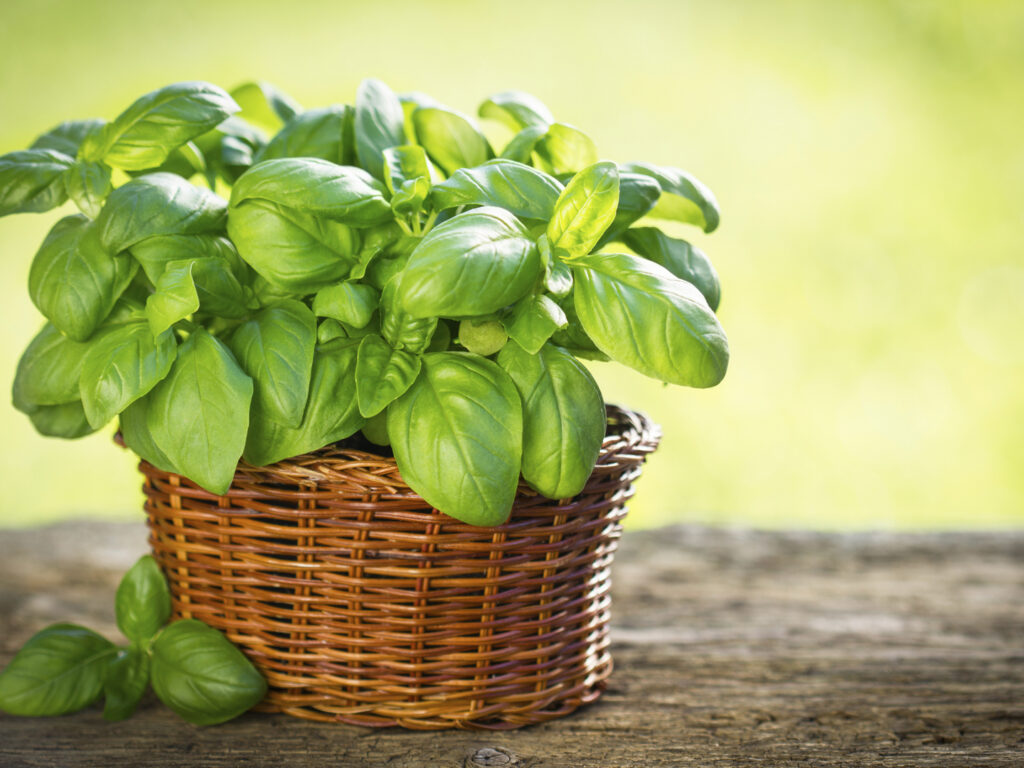 Pin
Pin Image from Dr. Weil
Basil, a fragrant herb with pest-repellent properties, emits a strong scent that deters insects. Various basil varieties effectively ward off flies and mosquitoes, making it a versatile option for natural pest control in gardens. This herb thrives in moist conditions with proper drainage and ample sunlight. Whether grown in containers or in garden beds, basil can be paired with other flowers as long as they share similar growing needs. Experimenting with different types of basil can help create a pest-resistant and aromatic garden while adding a flavorful touch to your culinary endeavors.
8. Citronella / Scented Geranium
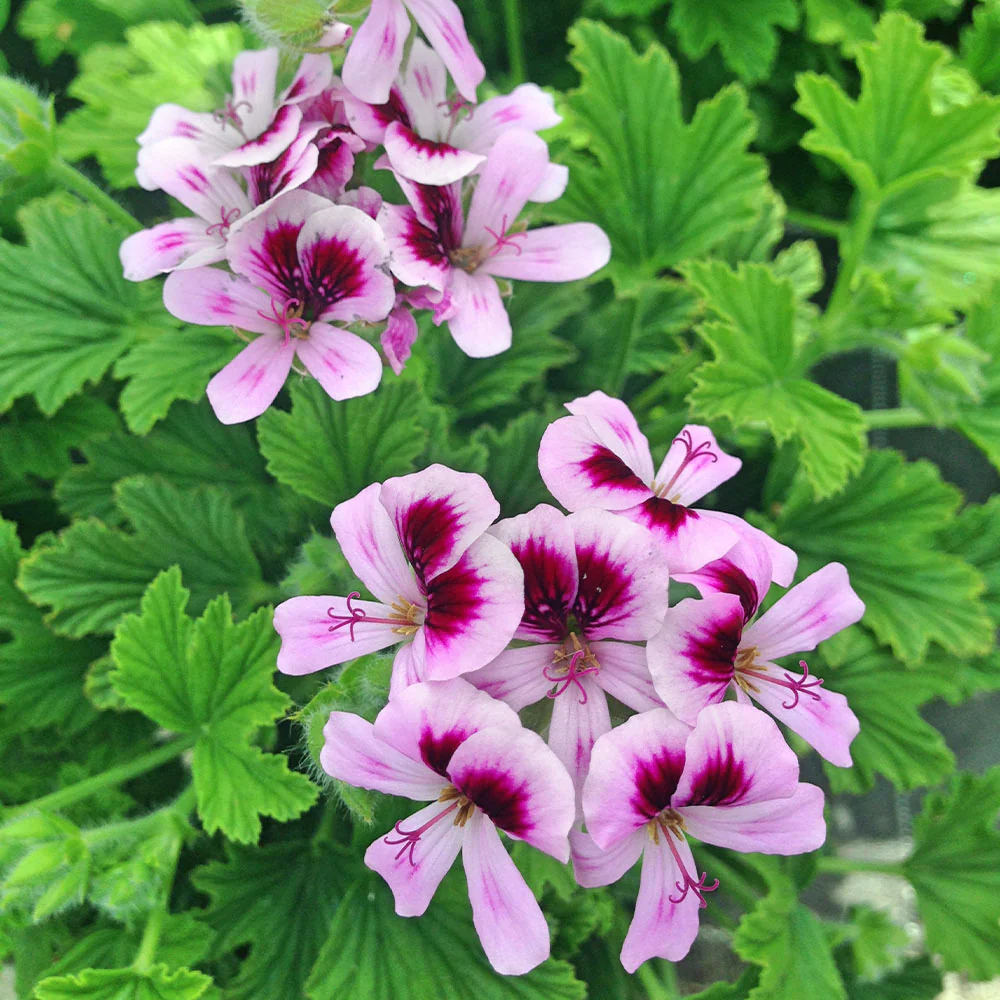 Pin
Pin Image from Fast Growing Trees
Scented geraniums are a favored choice for mosquito repellent, backed by PlantShed, BBG, and NYBG. Lemon-scented varieties, akin to citronella grass, are particularly recommended for their potent aroma that deters various pests. Thriving in warm, sunny, and dry conditions, these fast-growing plants are adaptable for cold climates when cultivated in planters with regular pruning. Scented geraniums not only add a delightful fragrance to your surroundings but also serve as a natural solution to keep mosquitoes at bay, making them a versatile and attractive option for both pest control and ornamental purposes.
9. Bee Balm
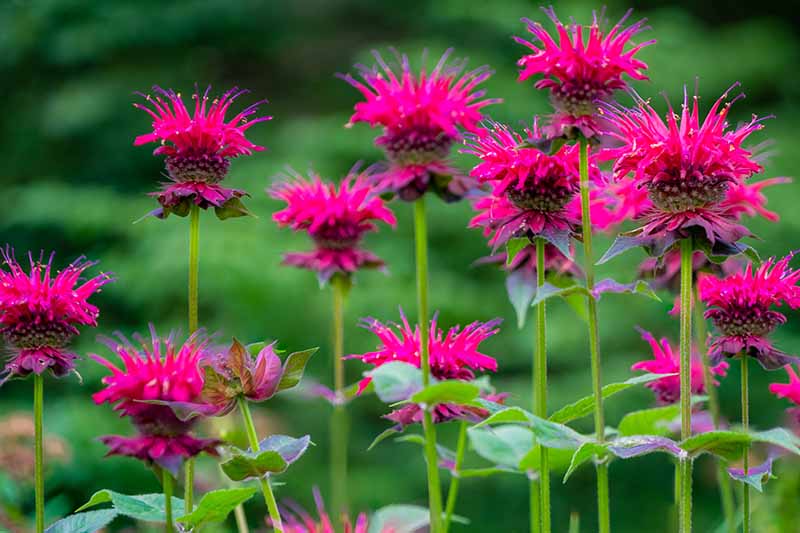 Pin
Pin Image from Fast Gardener’s Path
Bee balm, also called Monarda or horsemint, is a perfect choice for attracting beneficial insects like bees and butterflies while deterring harmful pests. By crushing its leaves to release fragrant oils, you can create an inviting environment for good bugs to thrive. With vibrant flowers in hues of red, pink, lavender, white, or purple blooming throughout the summer, bee balm adds a pop of color to your garden. Not only does it serve as a natural insect attractant and repellent, but it also brings visual appeal and aromatic delight to your outdoor space, making it a lovely addition to any garden.
10. Mint
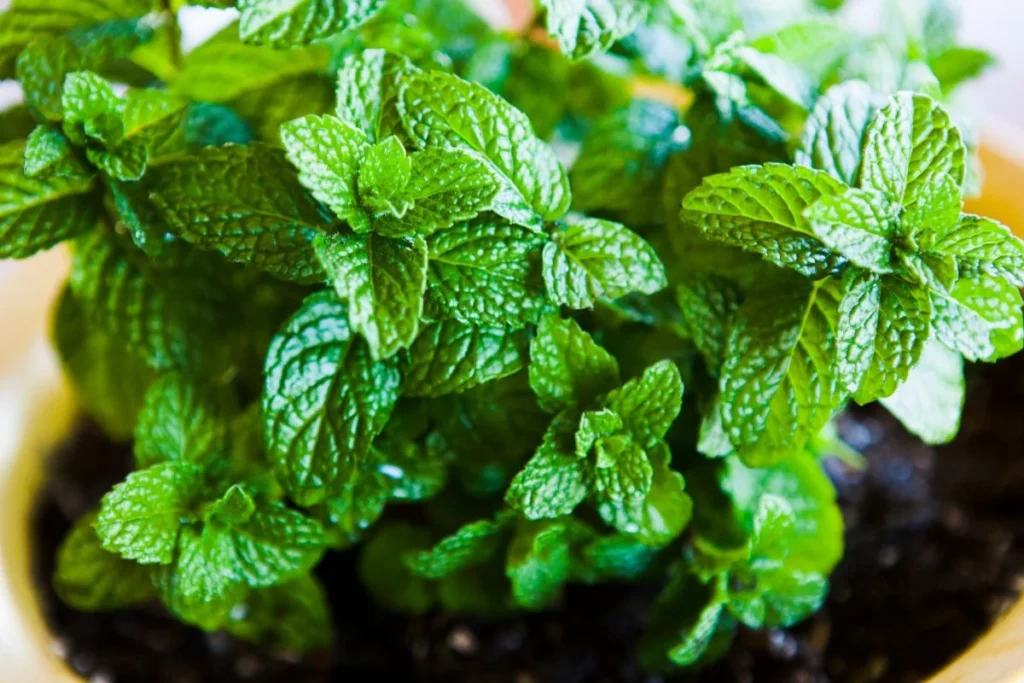 Pin
Pin Image from Fast Gardener’s Path
Mint is a wonderful natural remedy for repelling mosquitoes, flies, and ants without harmful toxins. Its strong aroma acts as a deterrent, keeping bugs at bay. Planting mint in pots on your patio provides easy access to pluck a leaf or two for your afternoon tea, enhancing both flavor and pest protection. Drying mint leaves for indoor use offers a sustainable and eco-friendly pest control alternative. With mint’s versatility and effectiveness in warding off insects, it becomes a valuable addition to your garden for practical and culinary purposes, promoting a pest-free environment both indoors and outdoors.
11. Floss Flower (Ageratum) - (Warning: Can be Toxic)
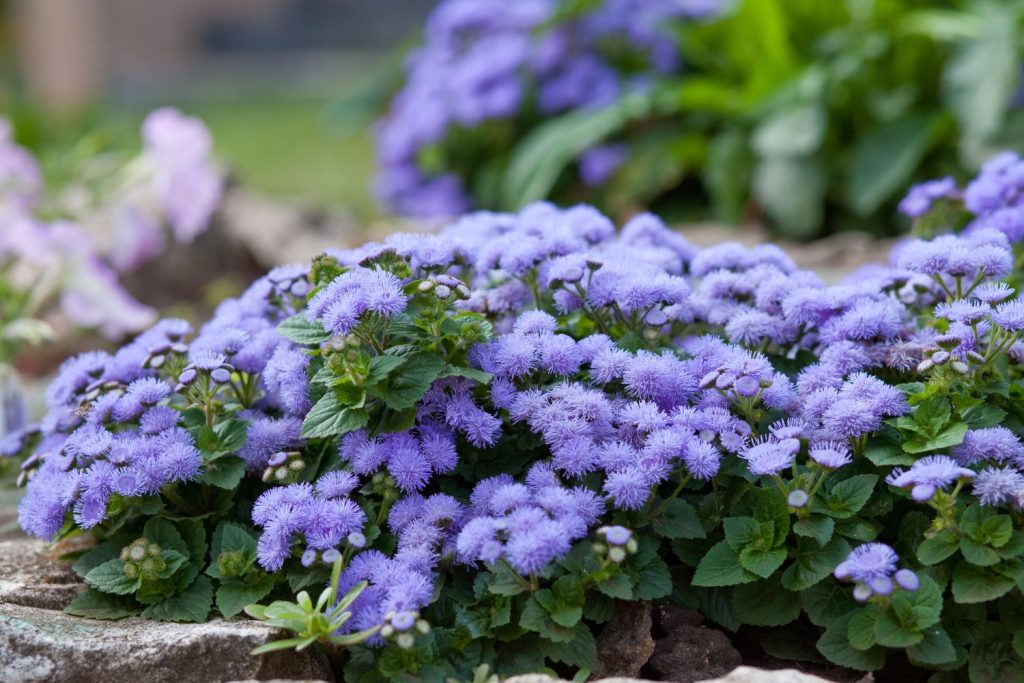 Pin
Pin Image from Plantura Magazin
The Floss Flower, or Ageratum, is a beautiful annual plant ideal for bedding or container displays. With its vibrant blooms, it adds color and charm to any garden. Notably, the Floss Flower contains coumarin, a natural chemical that serves as a mosquito repellent. However, caution is advised as coumarin can be toxic if ingested by pets or humans. While it offers a natural insect-repelling quality, it is essential to handle this plant with care and keep it out of reach from curious pets and children. Despite its pest-deterring properties, responsible handling is crucial for enjoying the Floss Flower’s beauty safely.
12. Sage
 Pin
Pin Image from Plantura Magazin
Sage, a versatile herb in the garden, offers more than culinary benefits. Planted near your backyard fire pit, it doubles as a natural bug repellent when tossed into the flames, filling the air with its pleasant earthy aroma that keeps pesky insects at bay. Additionally, you can dry sage leaves to create your homemade bug spray, offering a chemical-free alternative for a bug-free outdoor experience. Embracing the multifaceted nature of sage enhances not only your outdoor gatherings but also provides a sustainable and effective solution for enjoying bug-free evenings in your backyard oasis.
13. Allium
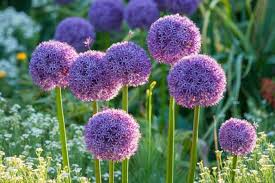 Pin
Pin Image from Gardenia.net
Bulbs like garlic and onions carry a potent scent that repels mosquitoes, offering a natural way to protect your outdoor space. Among these, allium bulbs stand out with their enchanting globe-shaped flowers, delicately perched on slender stems, creating a whimsical and graceful appearance in any garden. Not only do alliums add visual allure to your outdoor landscape, but they also contribute to a bug-free environment due to their fragrance that deters pesky mosquitoes. Cultivating these bulbs not only enhances the aesthetic appeal of your garden but also provides a fragrant and effective defense against unwanted insects.
To effectively repel mosquitoes in your garden, aside from planting mosquito-repelling plants, implementing good mosquito control measures is crucial. Preventing the accumulation of stagnant water is key, as even tiny amounts can become breeding grounds for mosquitoes, with hundreds of eggs being laid. Mosquito rings with Bt israelensis are effective in killing mosquito larvae in various water sources like rain barrels, birdbaths, and ponds.
Employing natural products like citronella torches, candles, and essential oils from mosquito-repelling plants can further enhance your mosquito deterrent strategy. These simple yet effective methods not only help in controlling mosquito populations but also contribute to creating a more enjoyable and insect-free outdoor environment for you to relax and unwind in. By combining plant-based repellents with practical control techniques, you can effectively keep mosquitoes at bay, ensuring a more pleasant experience in your garden.
The Crucial Role of Mosquito Control
Mosquito control plays a crucial role in safeguarding public health and well-being. Over the years, these tiny insects have posed significant threats by transmitting various diseases such as malaria, dengue, yellow fever, encephalitis, and more recently, the West Nile and Zika viruses. The impact extends beyond humans, as mosquitoes are also responsible for spreading heartworm in dogs, underscoring the importance of controlling their populations.
Beyond the nuisance of itchy bites, the presence of mosquitoes poses a serious health risk to both humans and animals. Preventing mosquito breeding grounds and implementing effective control measures are essential steps in mitigating these risks. By addressing mosquito populations through strategic measures such as eliminating stagnant water and utilizing natural repellents, communities can reduce the potential for disease transmission and create safer environments for families and pets alike. Prioritizing mosquito control is not just about comfort; it is a proactive approach to safeguarding the health and well-being of all individuals affected by these pervasive vectors.
By incorporating these mosquito repellent plants into your garden, you can create a beautiful and fragrant outdoor space while keeping pesky mosquitoes at bay. Whether you choose to plant them in pots on your patio or in beds throughout your garden, these plants offer a natural and effective way to enjoy the outdoors without the nuisance of mosquitoes. Say goodbye to chemical-laden sprays and hello to a more sustainable, eco-friendly way to protect yourself from mosquitoes this season.




















